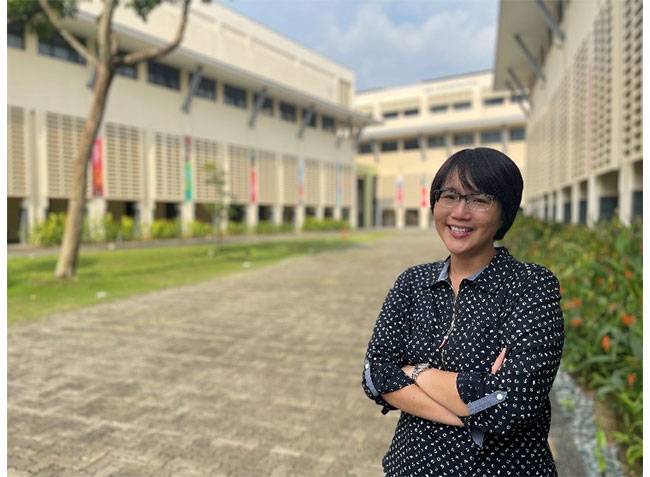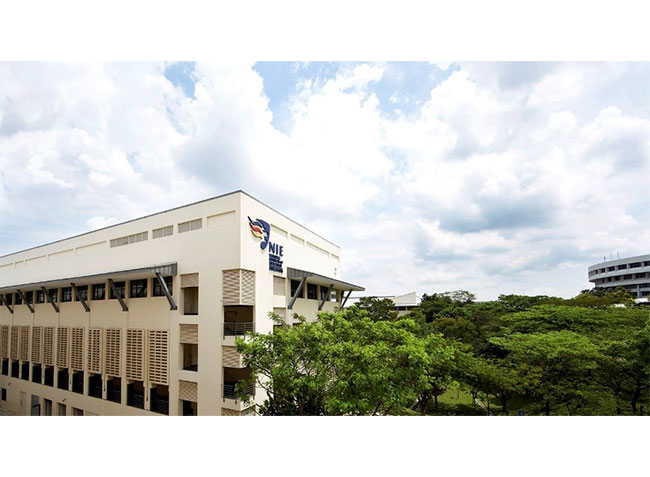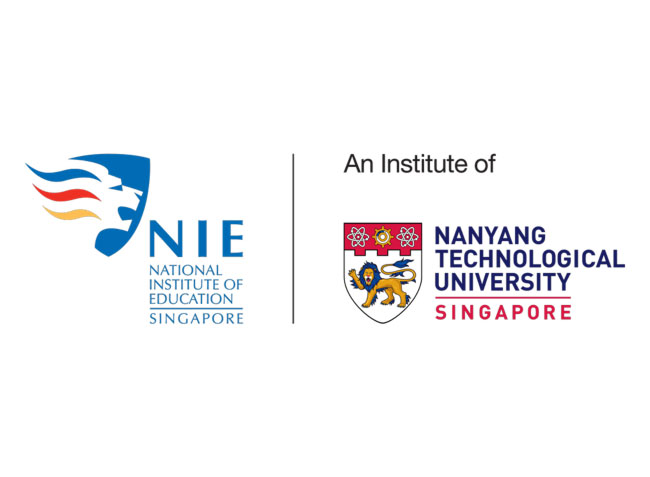In a world where every child’s future is shaped by the hands of their parents, Dr Cheung Hoi Shan, an assistant professor at the National Institute of Education, Nanyang Technological University, Singapore (NIE NTU, Singapore), is a beacon of insight and inspiration in family and child development. “I have always been fascinated by the question – why do children turn out the way they do? I believe that parents play an important role in the child-rearing process,” Dr Cheung shared.

A passion ignited
It all started 20 years ago when Dr Cheung worked for a local non-government organisation committed to the welfare of families and children. Her first project probed into the profound question of how parents discipline their children, and how parents and their children perceived the effectiveness of these practices. This eye-opening experience revealed the transformative power of family and child development research on public education and advocacy efforts. “With research, we can make informed decisions about the interventions needed to improve children’s well-being,” added Dr Cheung.
Cultural nuances and child well-being
Dr Cheung’s research focuses on studying parenting practices using a cultural lens. She seeks to understand how varying beliefs about “good” parenting practices may influence child development outcomes differently across cultural contexts. She admitted that her fascination with “why children turn out the way they do” sparked her curiosity about the role parents play in the child-rearing process. “Being able to identify parenting practices that would support children’s positive development seems to be a crucial area to focus on, especially given the importance of early childhood experiences that may have a long-lasting impact on a person’s development,” Dr Cheung said.
Innovative and inclusive research
What sets Dr Cheung apart is her commitment to including children’s voices in her research. Instead of solely focusing on caregivers, she designs observations that examine parent-child interactions in the home environment, and age-appropriate interview questions that enable children to provide their perspectives on the parenting process. This inclusive approach gives a more comprehensive study of parenting and child development, which has far-reaching implications for advocacy and programme design. Pushing the boundaries further, Dr Cheung’s research includes longitudinal projects that allow her to observe changes in parenting and child development outcomes over time, and how children’s behaviour may also be important in affecting parenting practices.
Challenges turned into triumphs
Conducting parenting research is a delicate task, often perceived as intruding into the personal space of families. Dr Cheung acknowledges these challenges but believes that parents are generous in sharing their perspectives when they realise the researcher’s intent is not to judge but to learn from their rich experiences. This approach has helped build rapport with families and reaffirms that parenting is indeed one of the toughest jobs on earth.
Surprising insights and impact beyond academia
Some of Dr Cheung’s findings are nothing short of intriguing, especially in the realm of how children interpret the concept of parental control. While one might expect children to value their sense of autonomy and resist parental control, Dr Cheung’s research reveals that some forms of control can be beneficial in providing structure and a sense of security. She believes that research should reach beyond publications in journal articles to benefit parents and practitioners. Dr Cheung’s team creates public education materials in the form of easy-to-understand infographics, making her research accessible to parents and practitioners. This approach stimulates conversations and discussions about parenting in local communities.
The satisfying journey
What drives Dr Cheung daily is the knowledge that her work, her research, will benefit families in the long run, and practitioners in informing their practices, even if the effects are not always immediately visible. Her greatest satisfaction comes from seeing her work translated into tangible benefits for the community, filling the void of local research on parenting norms.
A journey of no regrets
Looking back on her academic journey, Dr Cheung reflects on her initial aspirations to become a counsellor for children and youths. While life did not take her down that path, she has no regrets. The impact of her research work is equally meaningful as it contributes to understanding parenting practices and their impact on child development in the local context and beyond. “A career in academia is hard, and it can be a very lonely journey. Each day in my work as a researcher, I am motivated by the knowledge that the work that I do will benefit families. This is what keeps me going,” revealed Dr Cheung.

If you are inspired by Dr Cheung’s story and share her passion for uncovering the intricacies of child development, consider taking a step towards making an impact in real-world practices. The National Institute of Education (NIE), Singapore, is currently accepting applications for research programmes until January 31, 2024. To find out more, visit www.nie.edu.sg/aug2024. Join the journey and bring research to life!
To find out more about Dr Cheung Hoi Shan and the research by the Psychology and Child & Human Development (PCHD) Academic Group at NIE, please visit https://www.ntu.edu.sg/nie/about-us/academic-groups/psychology-and-child-human-development.
NIE is an autonomous institute under the Nanyang Technological University (NTU), Singapore. It has been consistently ranked among the top 30 educational institutions in the world and the top five in Asia by the Quacquarelli Symonds (QS) ranking.







